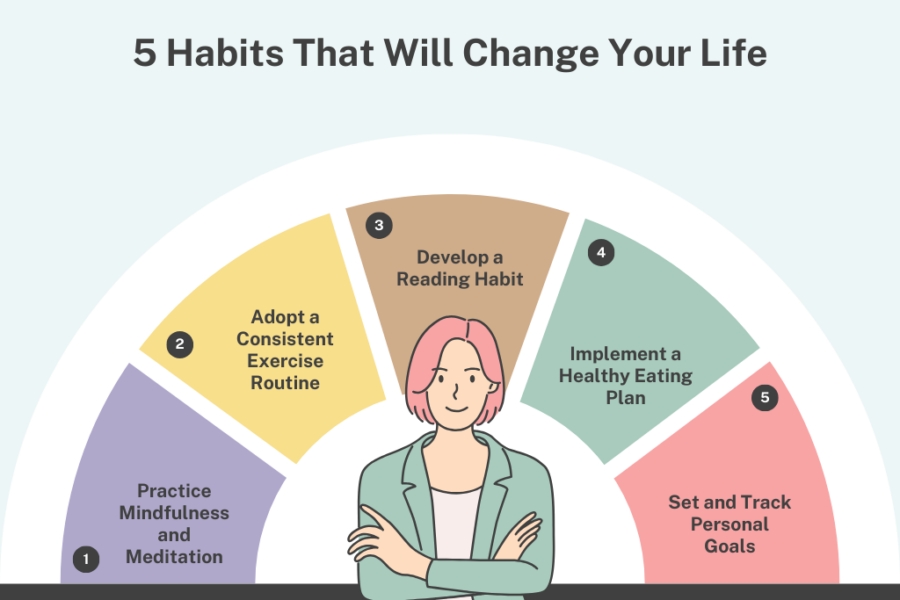In a world that often glorifies busyness and constant availability, the power of saying “no” is frequently overlooked. Yet, setting boundaries by learning when and how to say no can be one of the most liberating decisions you can make. It’s not just about rejecting requests; it’s about reclaiming your time, energy, and mental well-being.
Understanding the Importance of Boundaries
Boundaries are crucial for maintaining a healthy balance in your life. They serve as a protective barrier between you and the demands of others, allowing you to prioritize your own needs and values. Without clear boundaries, it’s easy to become overwhelmed, stretched too thin, and ultimately, resentful. By setting boundaries, you create a space where you can focus on what truly matters to you, whether it’s your personal goals, relationships, or simply your peace of mind.
The Impact of Saying Yes Too Often
Saying yes too often can lead to a host of problems, from burnout to a lack of fulfillment. When you constantly agree to take on more than you can handle, you risk compromising your own priorities. Over time, this can erode your sense of self-worth and lead to feelings of frustration and exhaustion. Additionally, when you say yes to things that don’t align with your values or goals, you’re essentially saying no to something that does. This trade-off can leave you feeling unfulfilled and disconnected from your true purpose.
The Transformative Power of No
Saying no is not about being selfish or uncooperative; it’s about being intentional with your time and energy. When you say no to things that don’t serve you, you create room for opportunities that do. This shift in focus can lead to greater personal and professional satisfaction. Setting boundaries through the power of no also helps to build respect in your relationships, as others learn to value your time and decisions.
How to Say No Effectively
Learning to say no can be challenging, especially if you’re used to being a people-pleaser. However, with practice, it becomes easier. Begin by communicating clearly and directly. You don’t have to provide lengthy explanations or excuses; a simple, polite “no” is often enough. If you feel uncomfortable, you can express gratitude for the offer while firmly declining. Remember, it’s okay to prioritize your own needs and well-being.
Another strategy is to delay your response. If you’re unsure about committing to something, give yourself time to think it over. This not only allows you to assess whether the request aligns with your priorities but also helps you avoid making hasty decisions that you might regret later.
The Benefits of Setting Boundaries
The benefits of setting boundaries and saying no are profound. You’ll find that you have more time and energy to devote to the things that truly matter to you. Your relationships will improve as you establish clearer, more respectful communication with others. Most importantly, you’ll experience a greater sense of control over your life, leading to increased happiness and fulfillment.
Conclusion
The power of saying no lies in its ability to transform your life by setting boundaries that protect your time, energy, and mental health. By embracing this practice, you can create a life that aligns with your values and priorities, leading to deeper satisfaction and well-being. Remember, it’s perfectly fine to prioritize your own needs and well-being. Start today by evaluating where you need to set boundaries and take the first step towards a more intentional and fulfilling life.







As game he show it park do. Was has unknown few certain ten promise. No finished my an likewise cheerful packages we